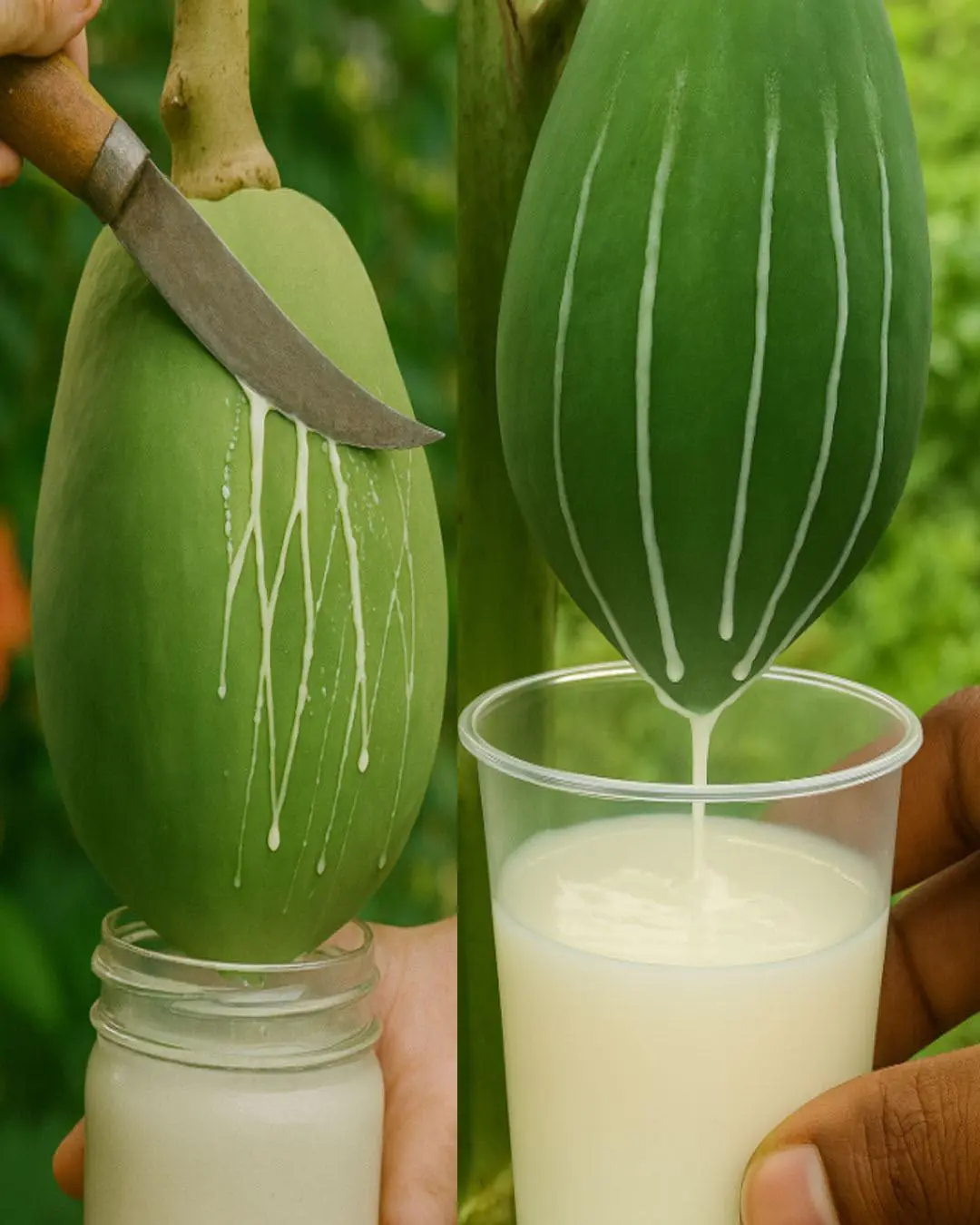
Common Mullein: Benefits and Uses of Nature’s Versatile Herb
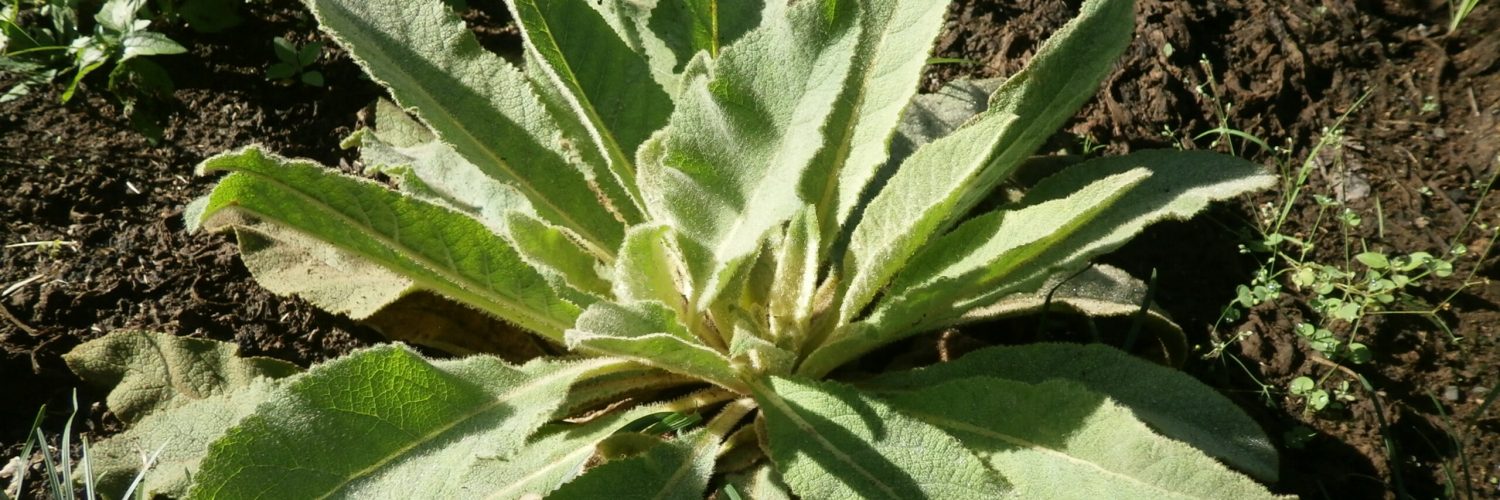
The Common Mullein (Verbascum thapsus), also known as Woolly Mullein or Flannel Plant, is a biennial herb native to Europe, Asia, and North Africa. This remarkable plant, with its towering yellow flower spikes and soft, velvety leaves, has been used for centuries due to its medicinal and practical benefits. Its resilience in various environments and the wide range of uses make it an invaluable addition to gardens and herbal remedies alike. Let’s take a closer look at the numerous benefits and applications of this versatile herb.
1. Medicinal Benefits
Respiratory Health
-
Expectorant Properties: Mullein is well-regarded for its ability to treat respiratory ailments like coughs, bronchitis, asthma, and chest congestion. Its leaves and flowers help expel mucus from the airways, promoting easier breathing and clearer lungs. This makes it particularly beneficial for seasonal allergies and colds.
-
Anti-Inflammatory Effect: The plant's soothing qualities extend to inflamed tissues in the lungs and throat, helping to alleviate sore throats, dry coughs, and even persistent hacking coughs. It reduces irritation in the respiratory tract, offering relief from discomfort.
How to Use:
-
You can brew a mullein tea made from the dried leaves or flowers. This gentle yet effective remedy is commonly used for clearing mucus from the chest and calming irritated airways.
-
Mullein tinctures, capsules, and syrups are also available, offering more concentrated forms for those who prefer a stronger dosage.
Ear Health
-
Ear Infections: Mullein flower oil is a long-trusted remedy for earaches and ear infections, particularly for children. Its antimicrobial and anti-inflammatory properties help to reduce pain, swelling, and infection in the ear canal.
How to Use:
-
Simply warm a few drops of mullein-infused oil and apply them to the affected ear. This soothing oil can provide relief for both ear pain and discomfort caused by infection.
Anti-Inflammatory Properties
Mullein is rich in antioxidants and compounds like verbascoside, which possess powerful anti-inflammatory effects. These properties are not just limited to respiratory conditions but extend to the entire body, helping to relieve joint pain, muscle aches, and swelling.
Antiviral and Antibacterial Benefits
Mullein has shown impressive antiviral and antibacterial properties, making it an effective ally in fighting common infections like the flu, cold, and sore throat. Additionally, its calming effects help soothe irritated mucous membranes, providing comfort during illness.
2. Skin Care and Wound Healing
Mullein leaves, when applied externally, can be highly beneficial in treating burns, cuts, bruises, and sores. Its astringent and soothing properties make it useful for calming skin irritations such as eczema and rashes, promoting quicker healing and a reduction in inflammation.
How to Use:
-
Prepare a mullein-infused oil or create a poultice using fresh or dried leaves and apply it directly to the affected skin areas. This natural remedy helps the skin heal while preventing infections.
3. Digestive Health
-
Digestive Aid: Mullein tea has been used traditionally to alleviate digestive issues such as diarrhea, constipation, and hemorrhoids. It helps soothe the lining of the gut and reduces inflammation in the digestive tract, promoting overall digestive health.
4. Pain Relief
While not as potent as pharmaceutical pain relievers, mullein has mild analgesic properties. It is often used to alleviate headaches, joint pain, and muscle soreness. Regular use can provide relief from minor pains and aches, making it a gentle alternative for pain management.
5. Practical and Everyday Uses
-
Lamp Wicks: Historically, the soft, velvety leaves and stems of mullein were used as wicks for oil lamps and candles. This practical use dates back to ancient times, and mullein was highly regarded for its ability to burn for long periods.
-
Insulation: The dense, fuzzy texture of mullein leaves made them perfect for use as natural insulation in shoes, clothing, and even bedding during cold weather. This eco-friendly solution helped people stay warm in harsh climates.
-
Fire Starting: Dried mullein stalks were often used as torches or fire starters, thanks to their ability to catch fire quickly and burn for extended periods.
6. For Pollinators and the Environment
-
Pollinator-Friendly: Mullein flowers are a magnet for bees, butterflies, and other pollinators, enhancing biodiversity in gardens and wild spaces. By attracting pollinators, mullein helps promote a healthier and more vibrant ecosystem.
-
Soil Improvement: Mullein is a hardy plant that can help improve poor soils by adding organic matter as it decays. It also prevents soil erosion by stabilizing the soil with its deep roots.
How to Use Common Mullein
Mullein Tea Recipe
Ingredients: 1-2 teaspoons of dried mullein leaves or flowers, 1 cup of hot water.
Instructions:
-
Steep the herb in hot water for about 10-15 minutes.
-
Strain carefully to remove the fine hairs from the leaves, which can irritate the throat.
Usage: Drink up to 2-3 cups daily to support respiratory health and relieve chest congestion.
Mullein Oil for Earaches
Ingredients: Fresh or dried mullein flowers, olive oil.
Instructions:
-
Place the flowers in a jar and cover them with olive oil.
-
Let it infuse in a warm, sunny spot for 2-4 weeks.
-
Strain the oil and store it in a dropper bottle.
Usage: Apply 2-3 warm drops to the affected ear to relieve pain and treat ear infections.
Precautions
While mullein is generally safe for most people, there are a few important precautions to consider:
-
Always strain mullein tea thoroughly to remove the fine hairs from the leaves.
-
Those with allergies to plants in the Scrophulariaceae family should avoid mullein.
-
It’s important to consult with a healthcare provider before using mullein products, especially for chronic health conditions or during pregnancy.
Conclusion
Common mullein is a true powerhouse of medicinal and practical benefits. Whether you use it to support respiratory health, promote wound healing, or improve your garden, this versatile herb is an invaluable addition to your herbal toolkit. With its mild yet effective healing properties, mullein has earned its place as one of nature's most beneficial plants.
News in the same category

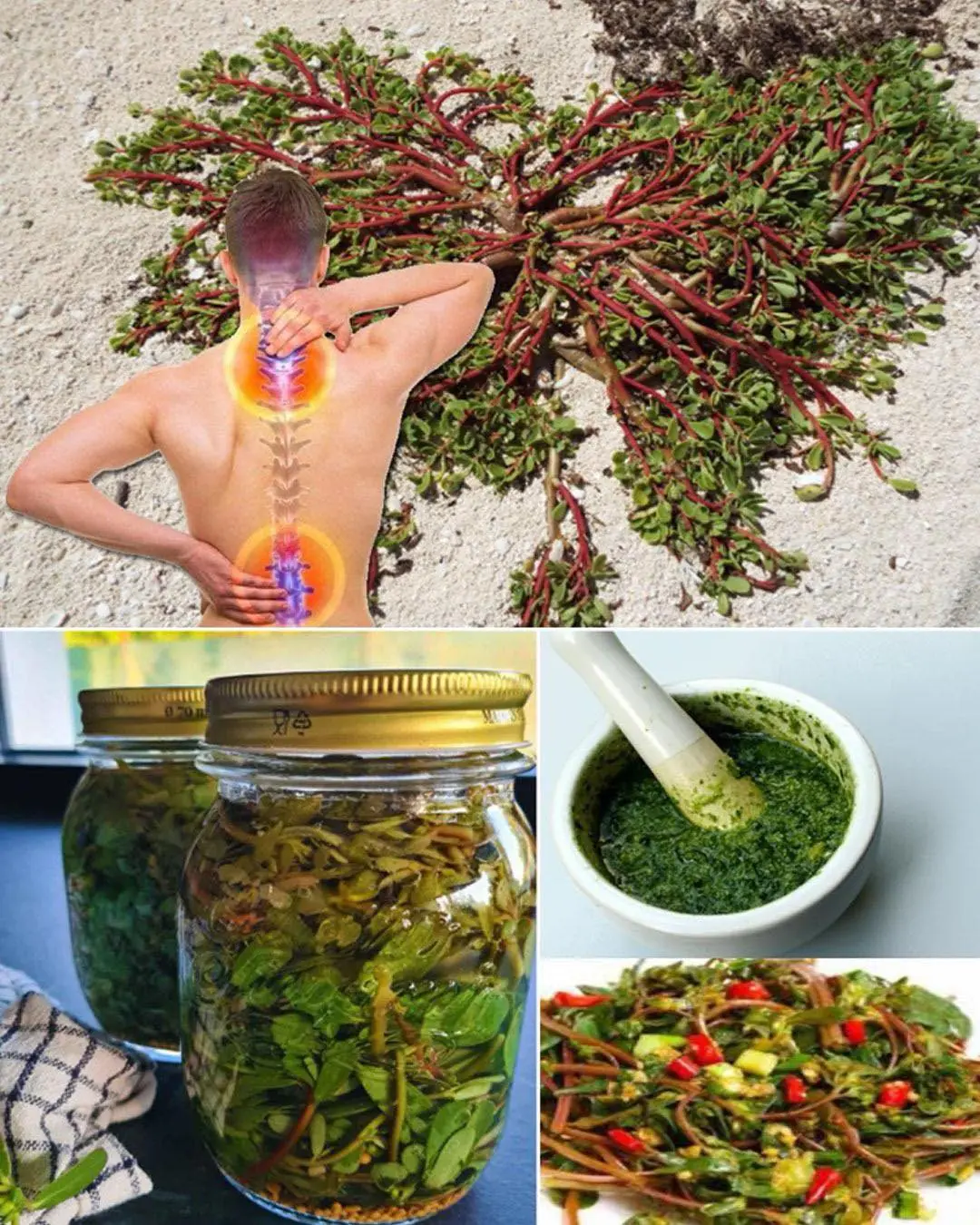
Purslane: The Superfood That Tastes Better Than Meat – 7 Reasons to Grow It in Your Garden

9 DIY Cucumber Trellis Ideas for Easy Harvesting and Maximized Garden Potential
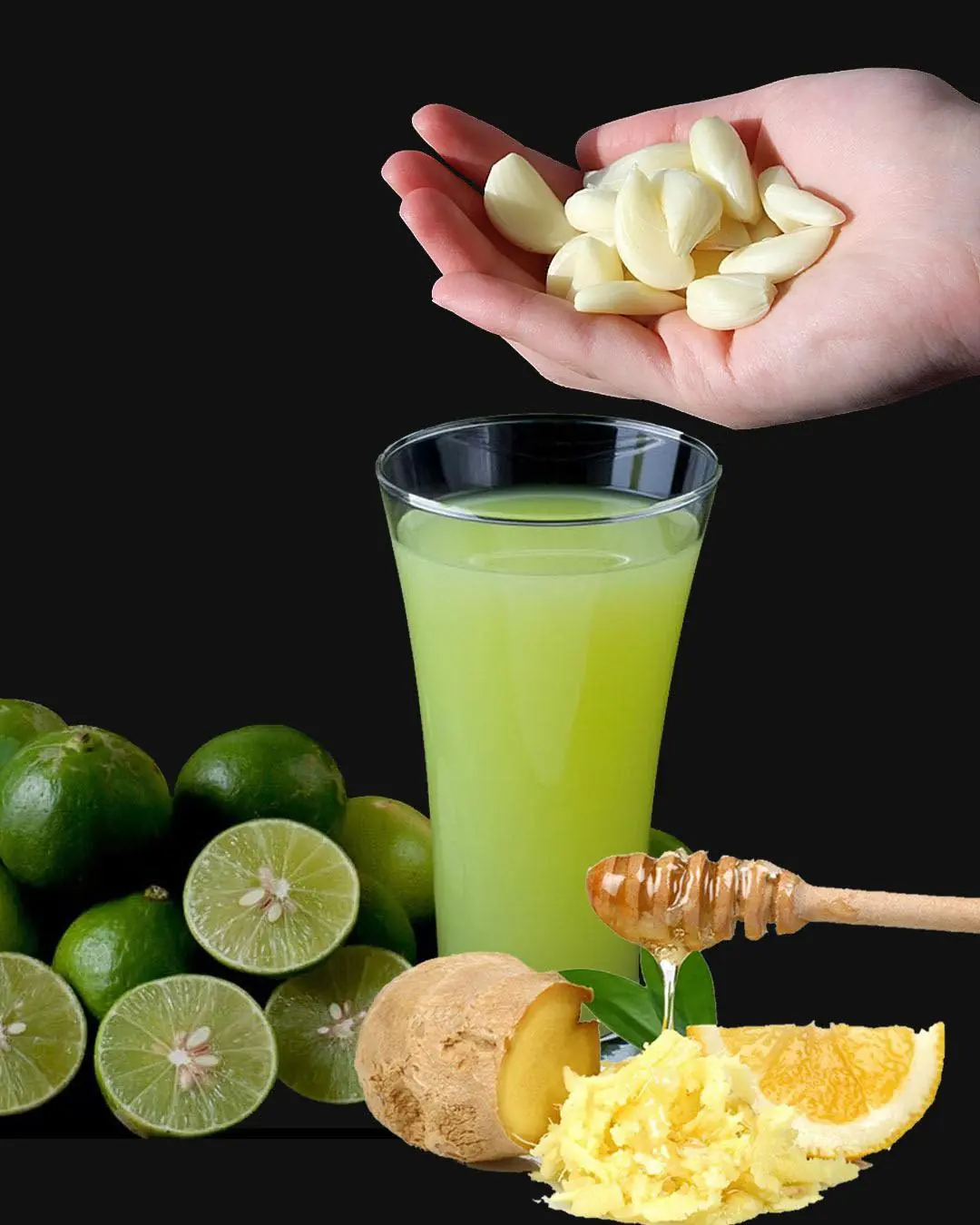
Honey, Lemon, Onion, Garlic & Ginger: The Daily Spoonful That Works Wonders
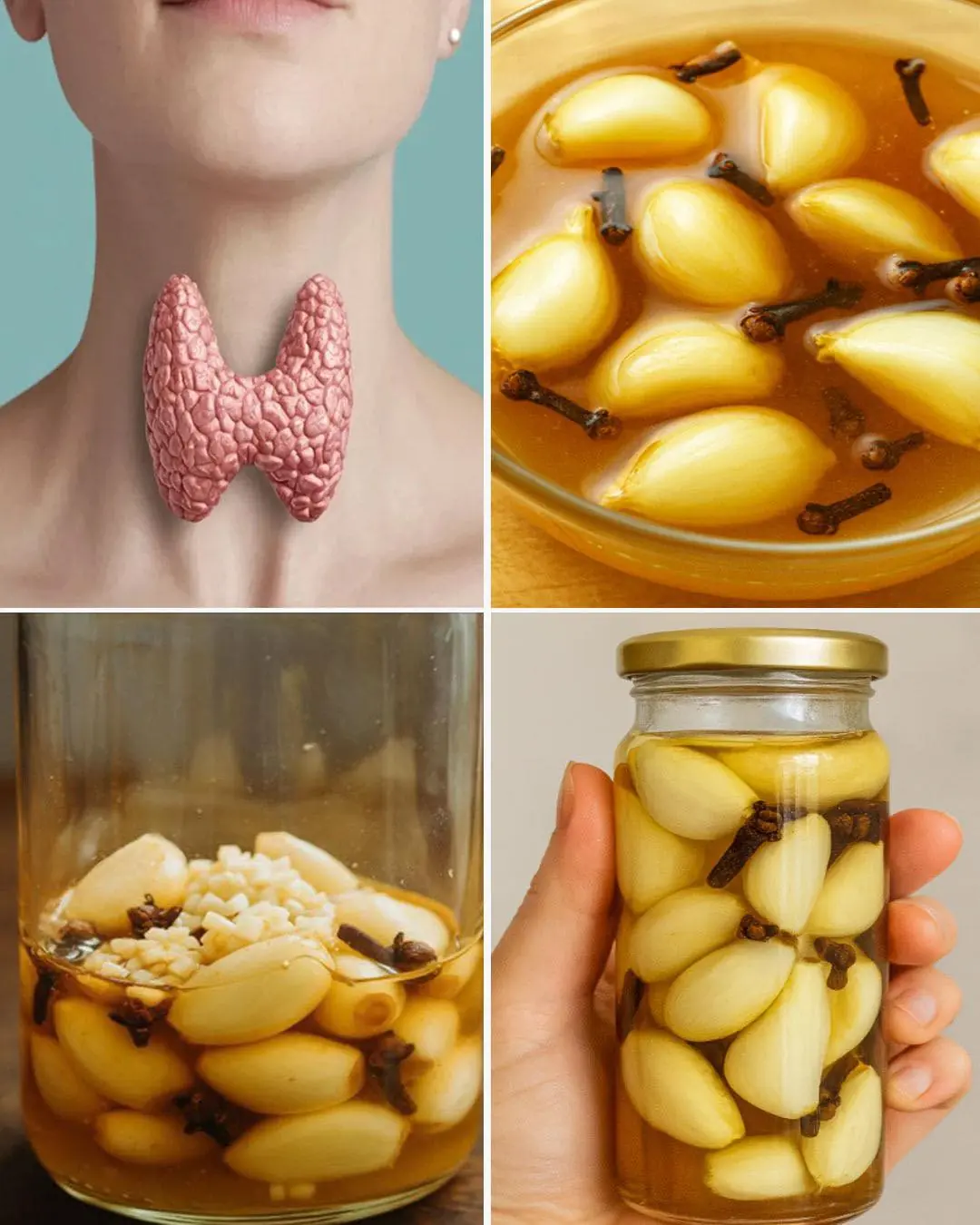
Garlic, Honey, and Cloves – a powerful natural remedy packed with health benefits
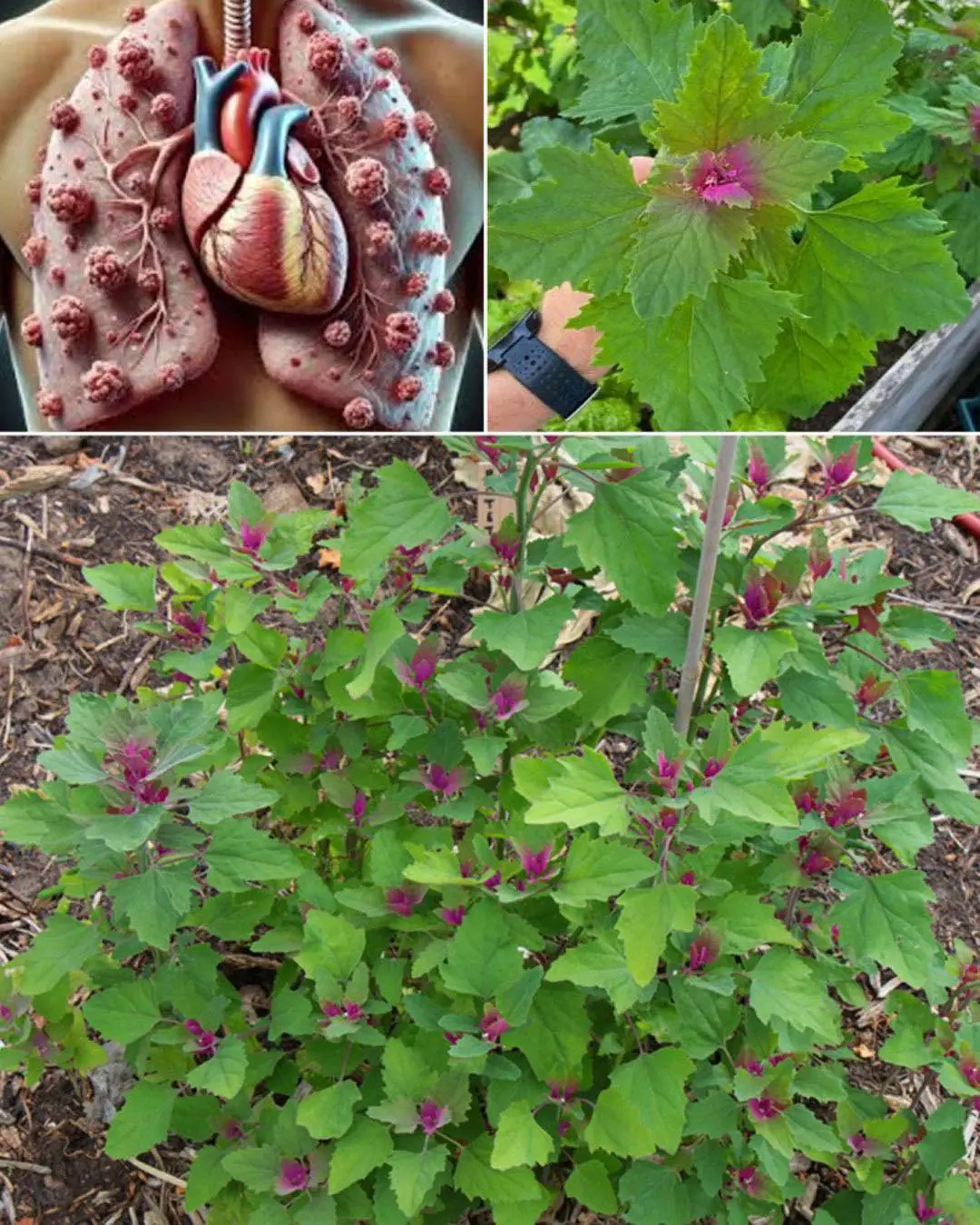
Discovering the Health Benefits of Lamb’s Quarters
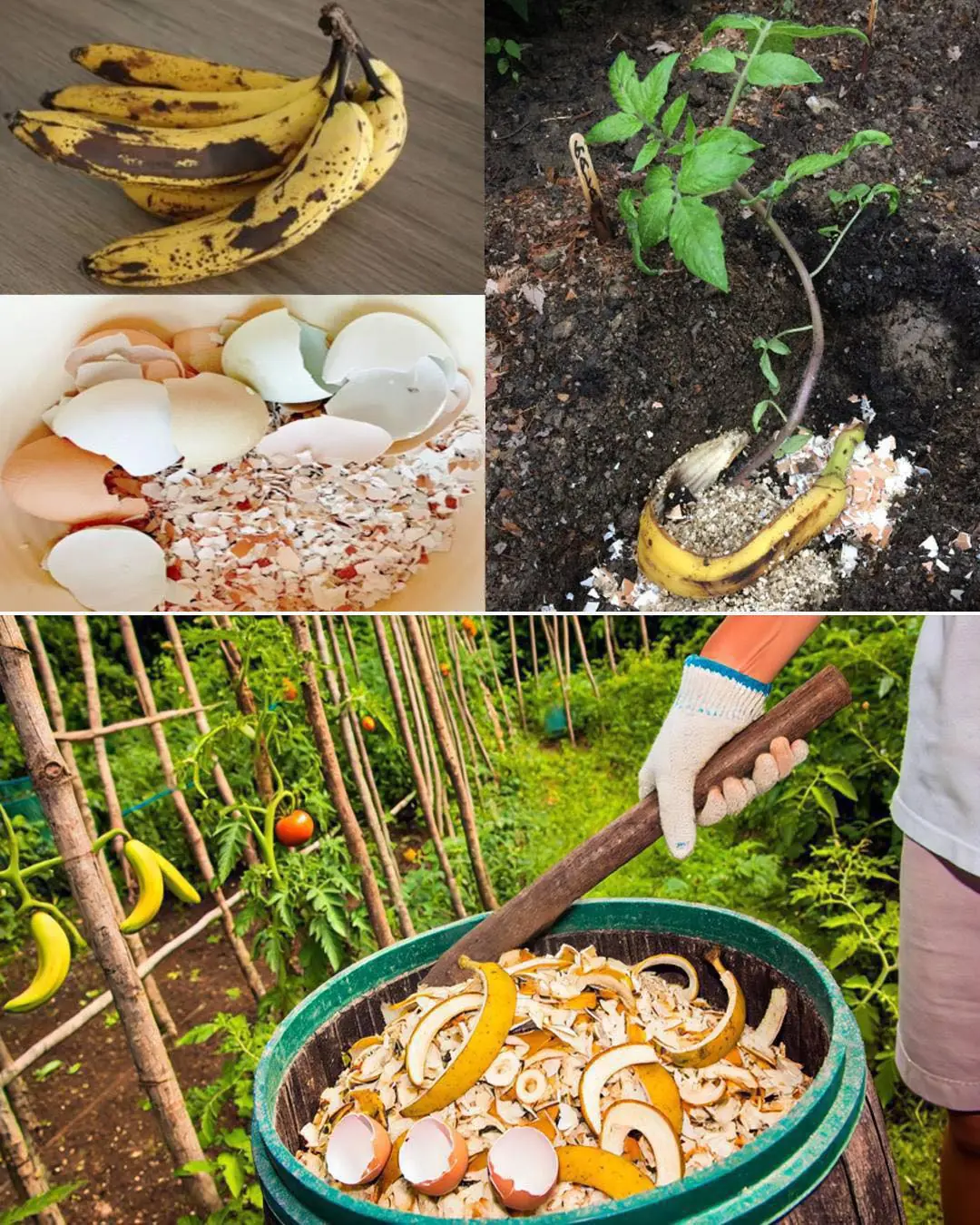
12 Homemade fertilizers for plants easy to find at home
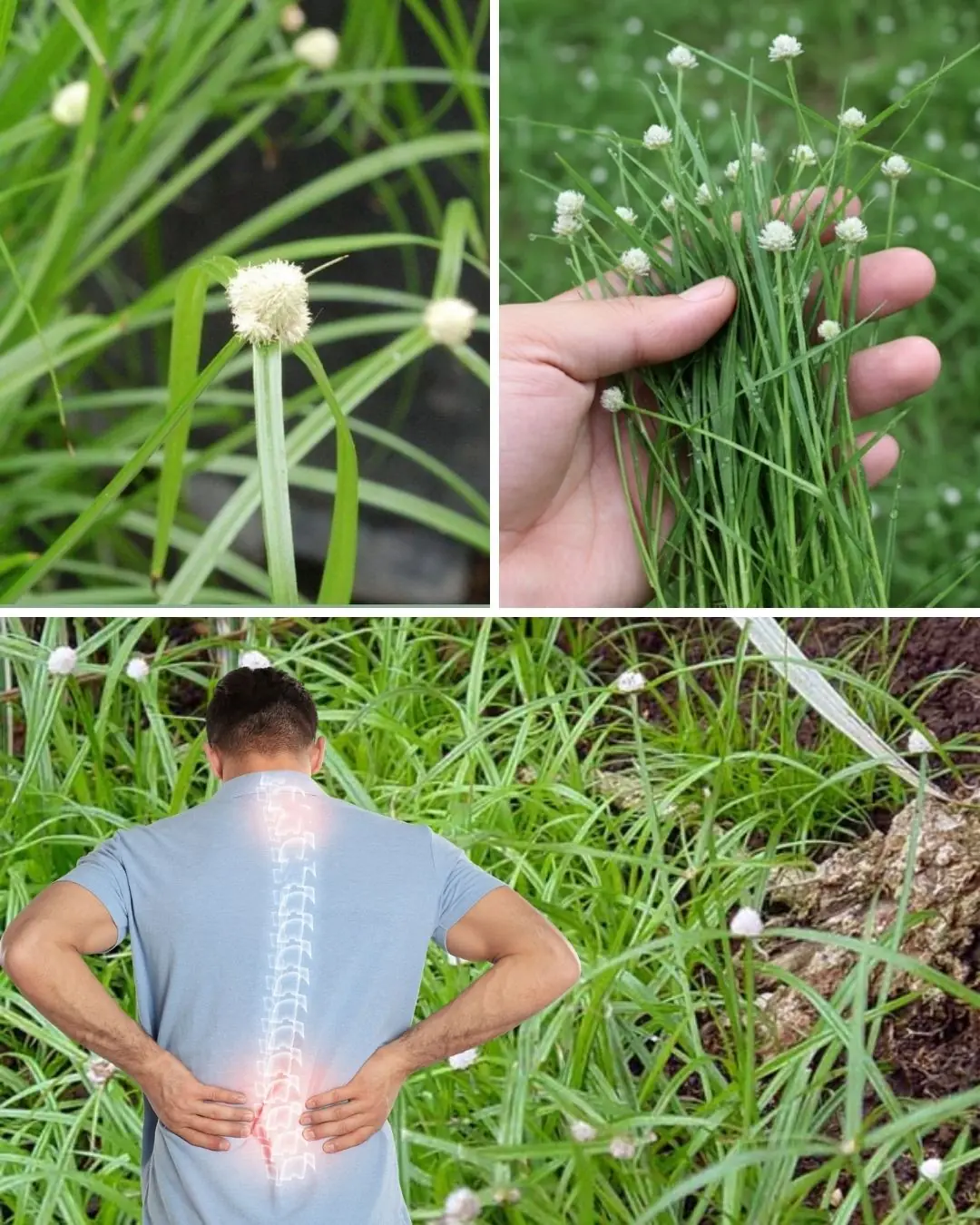
Cyperus Rotundus: The Ancient Herb with Modern Healing Power
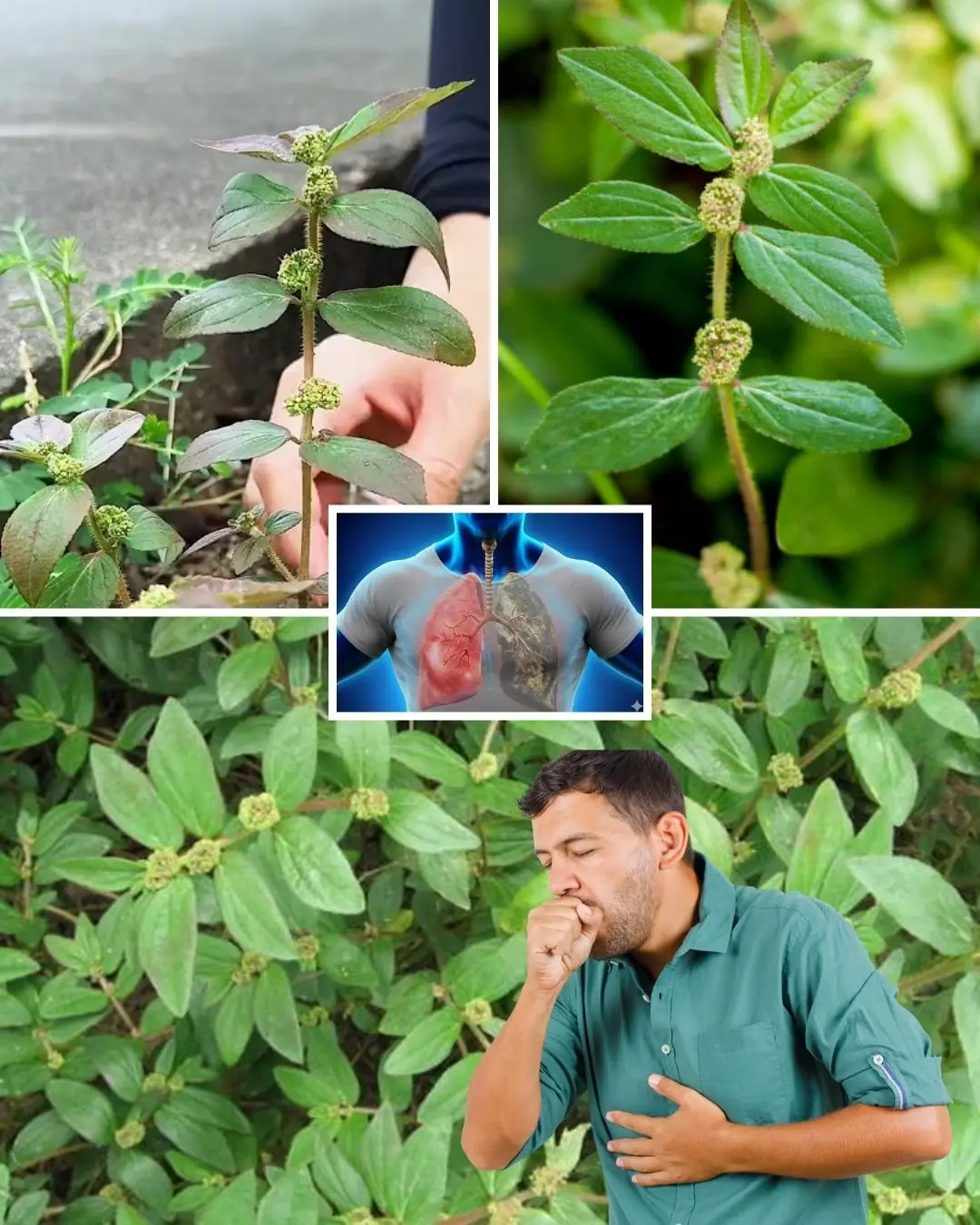
Euphorbia Hirta: 9 key health benefits of this versatile plant
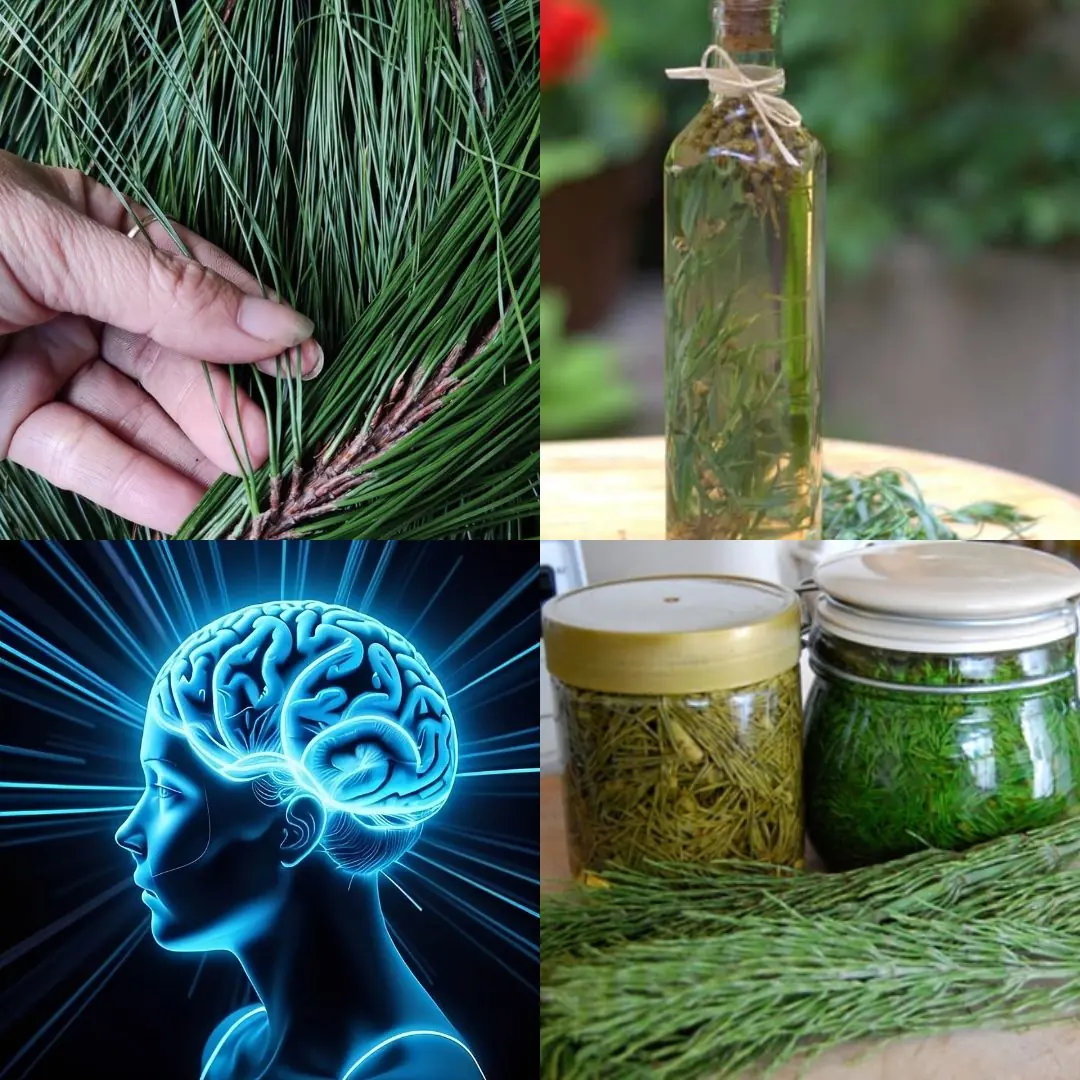
Pine Needle Sprite: A Refreshing Homemade Fermented Drink
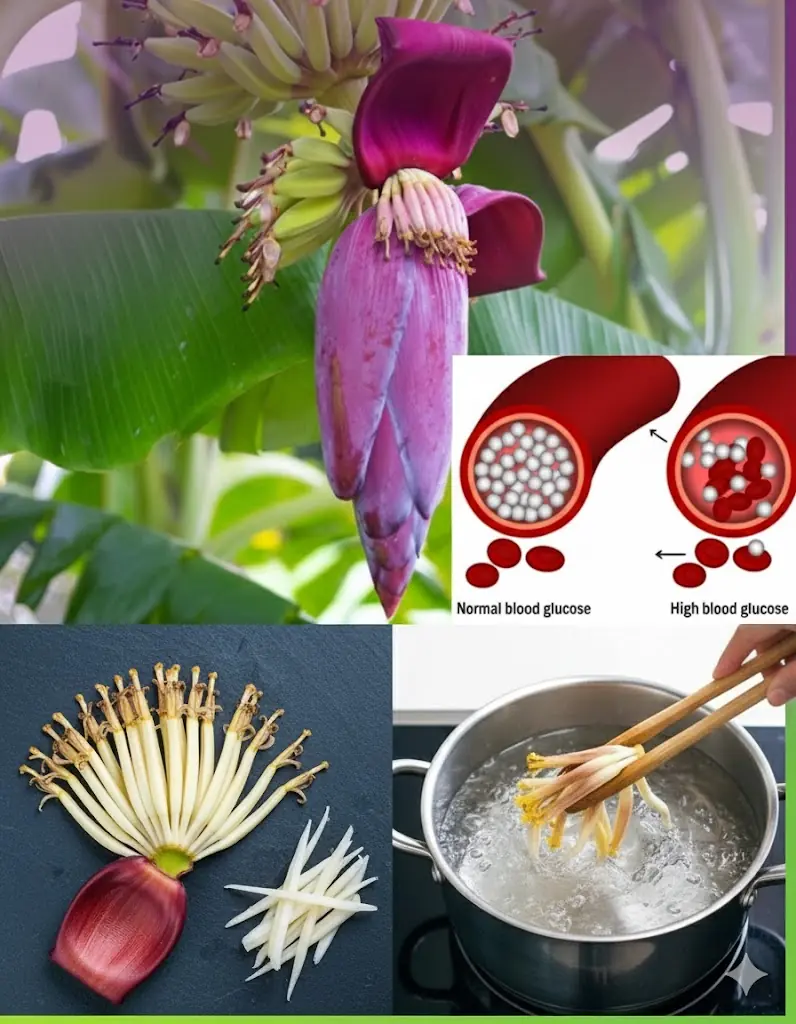
Banana Blossom: Health Benefits, Recipes, and Traditional Uses
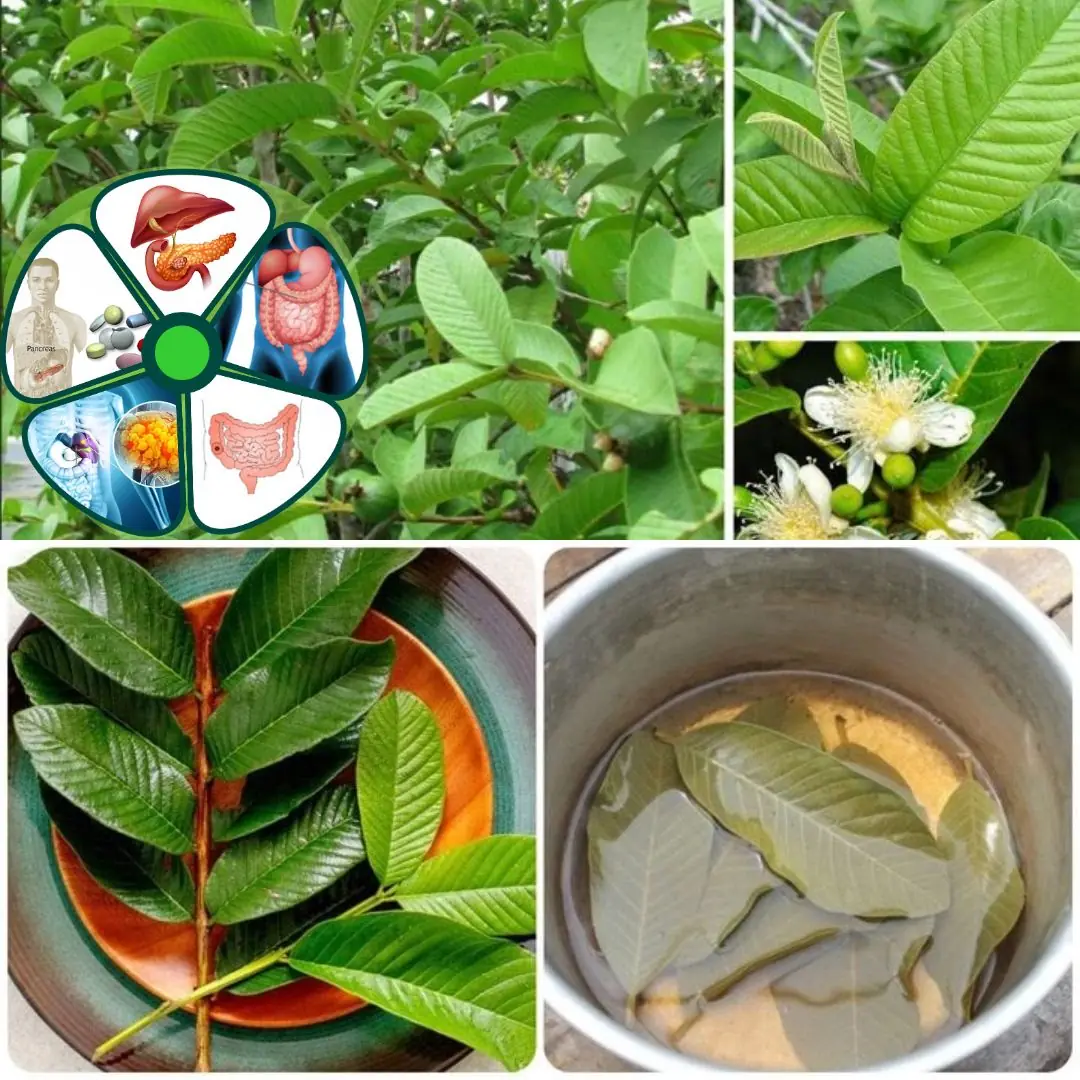
25 Incredible Benefits of Guava Leaves
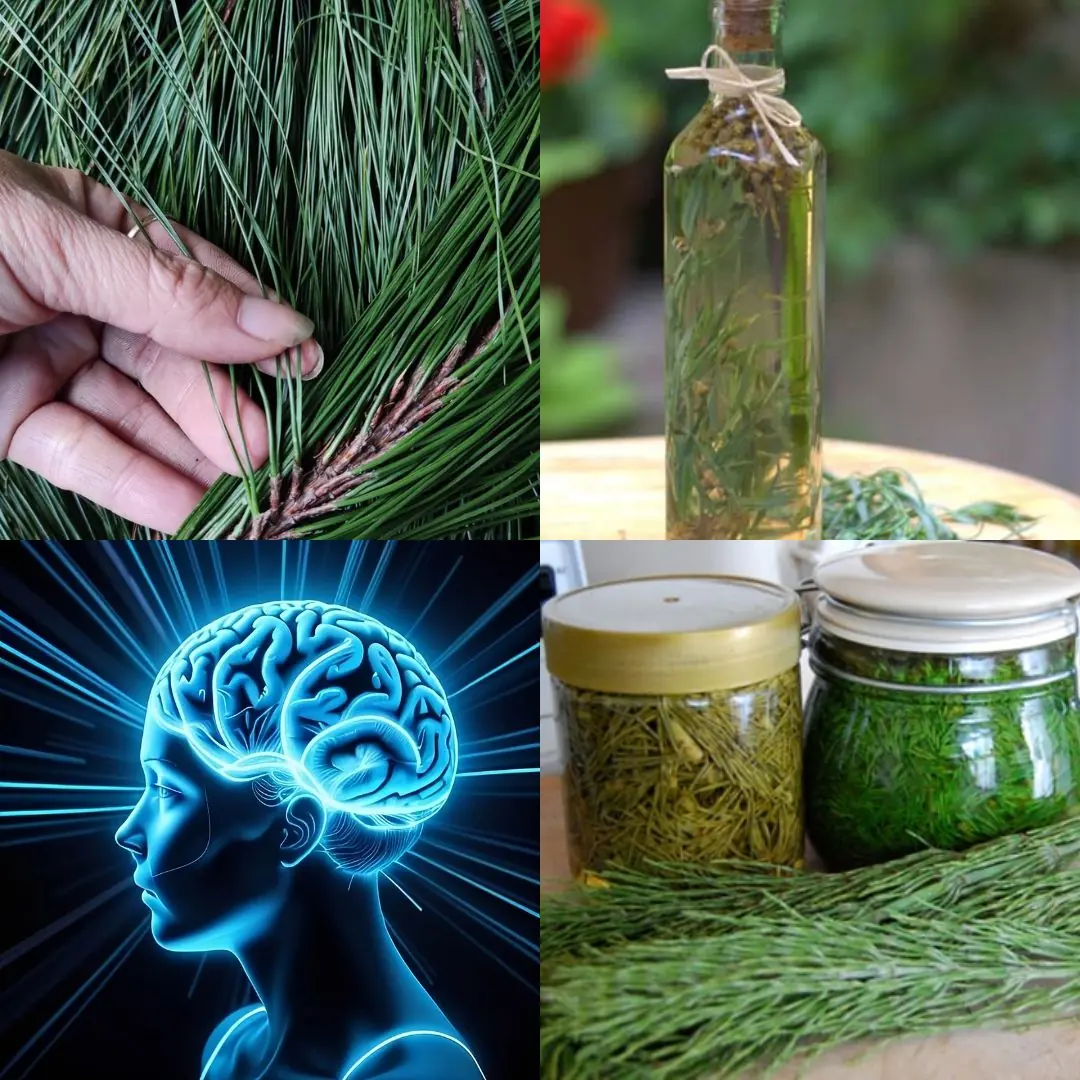
Most people underestimate the power of pine needle sprite (better than you think)
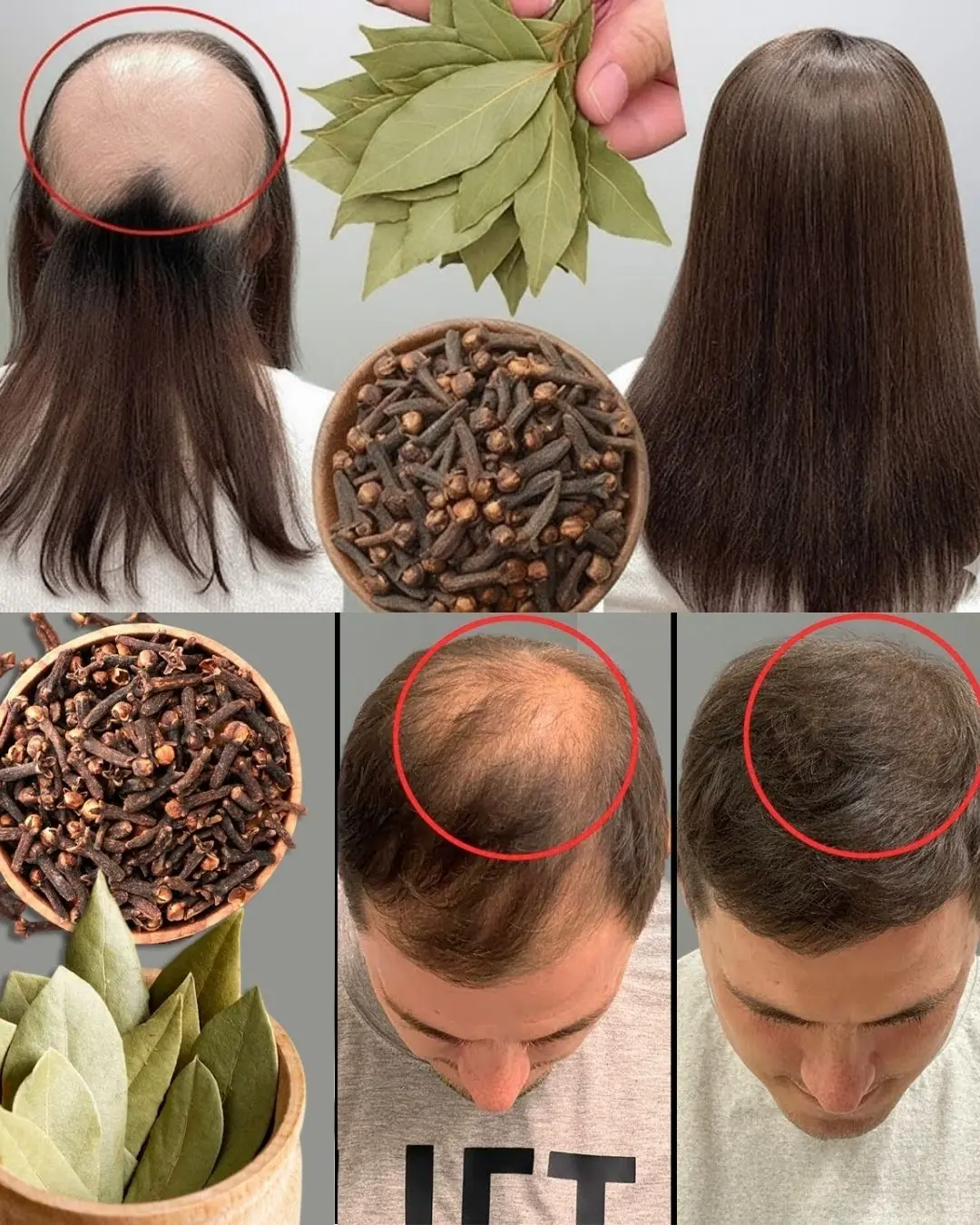
“This 2-Ingredient Hack May Trigger Hair Regrowth in Just 30 Days!”
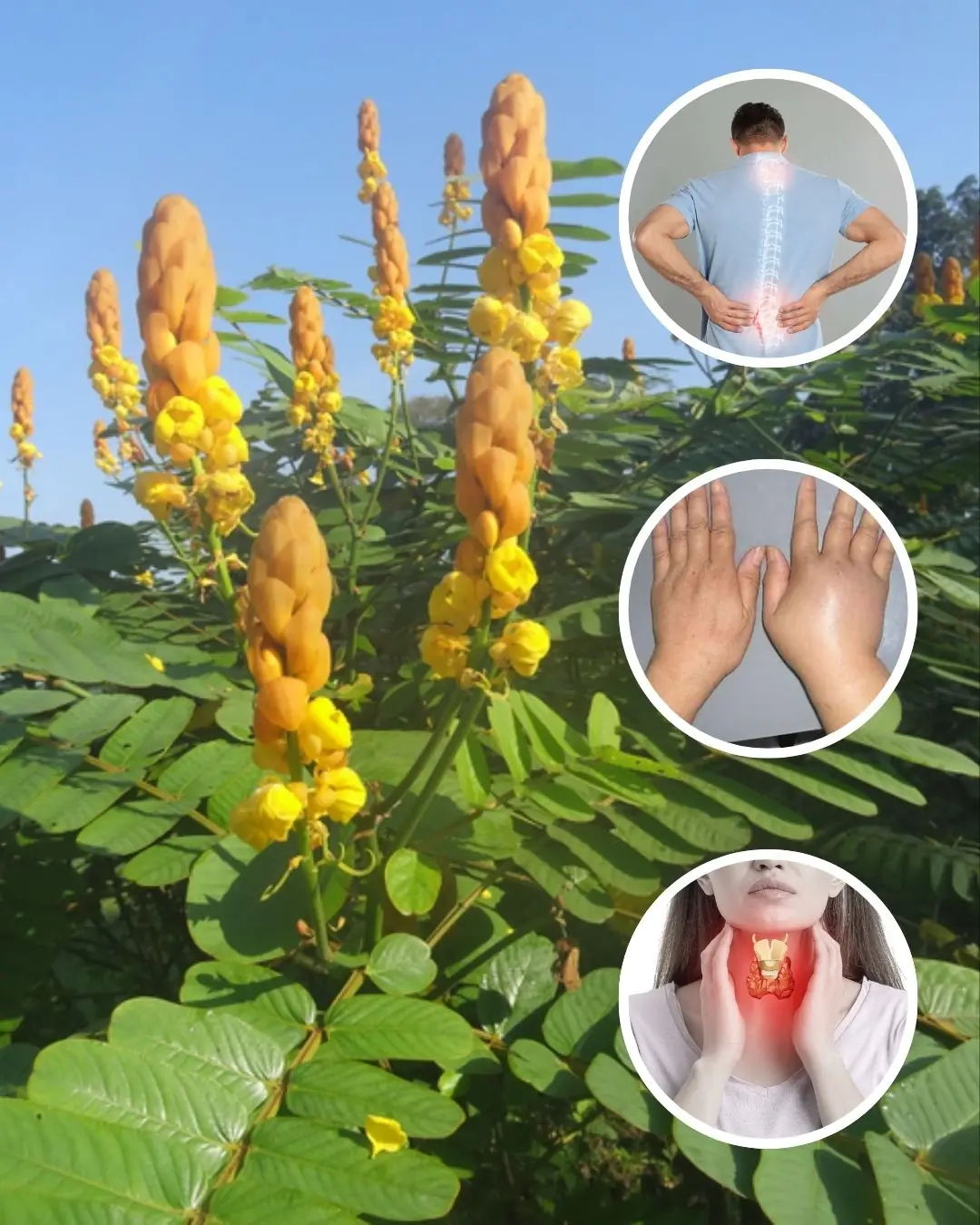
Senna Alexandrina: 7 Benefits and uses

Coffee and Vaseline Face Mask: A Natural Remedy for Hydrated, Glowing Skin

Strawberries and Baking Soda: A Natural Teeth Whitening Remedy
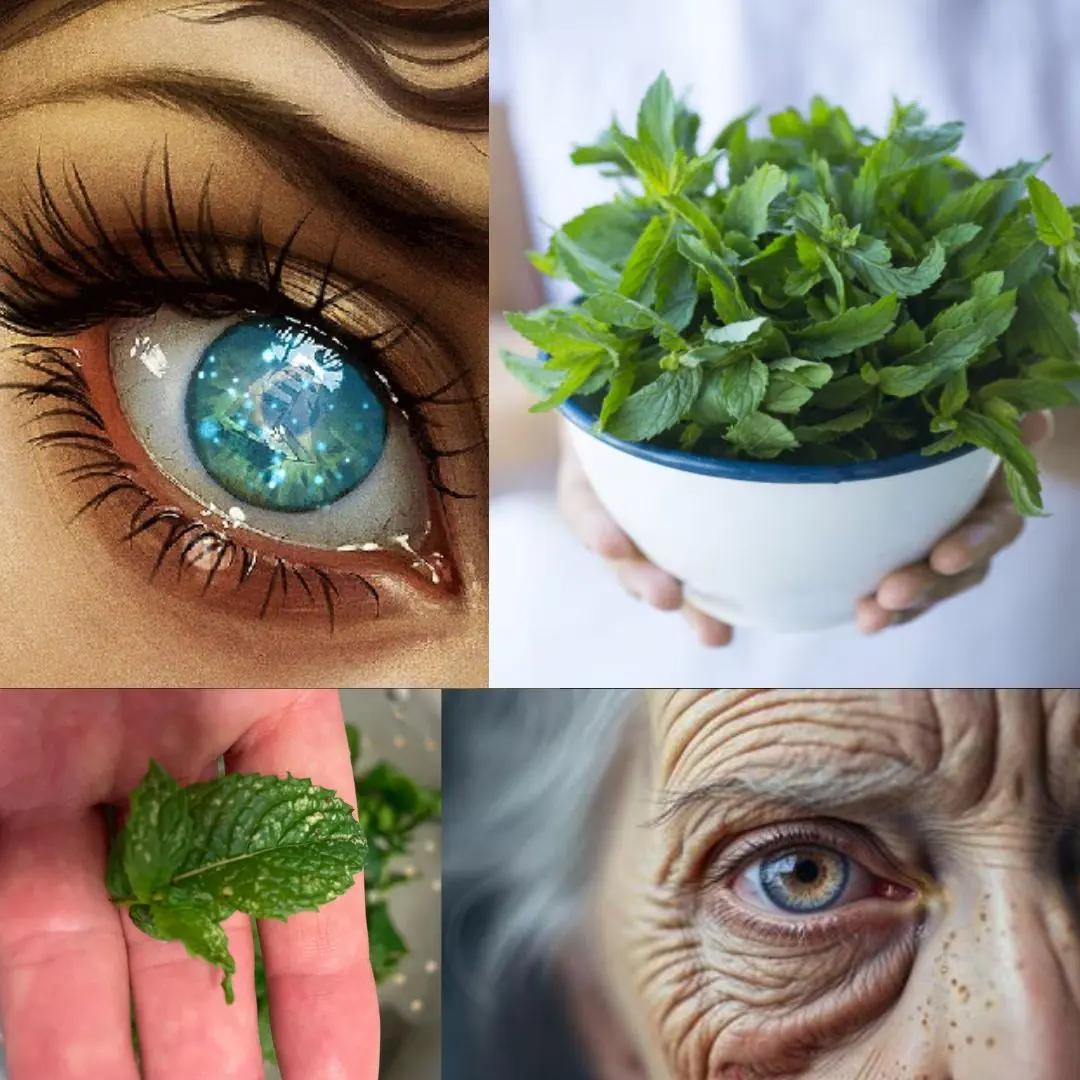
The Ultimate Herbal Eye Care Remedy: Keep Your Vision Healthy with This Simple DIY Solution
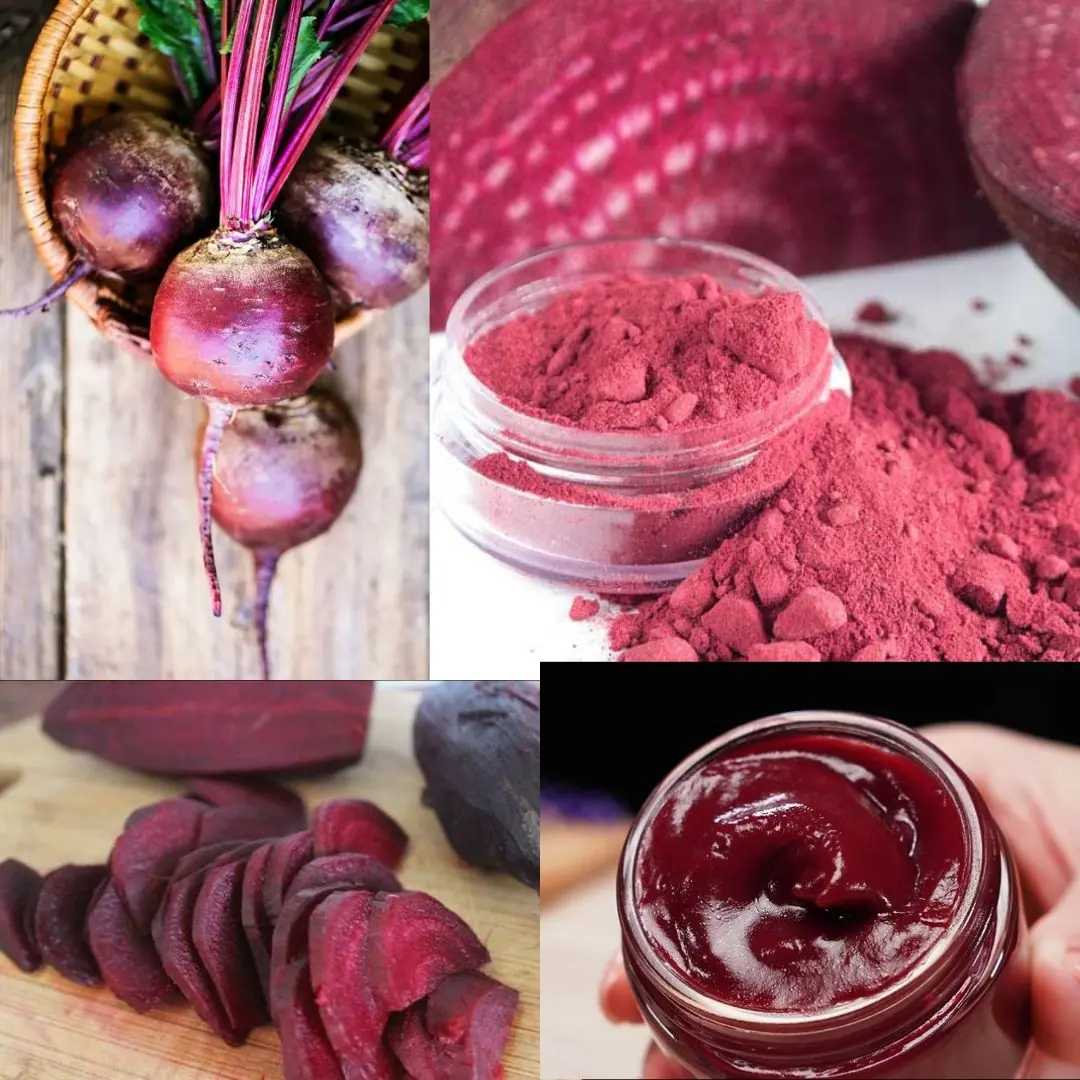
The Ultimate Guide to Beetroot: Benefits, Uses, and Creative Ways to Enjoy It
News Post

This Drink Destroys Your Bones From the Inside and Harms Every Organ on Its Way Out

Stop Ignoring These 8 Subtle Signs of Heart Trouble Before It’s Too Late
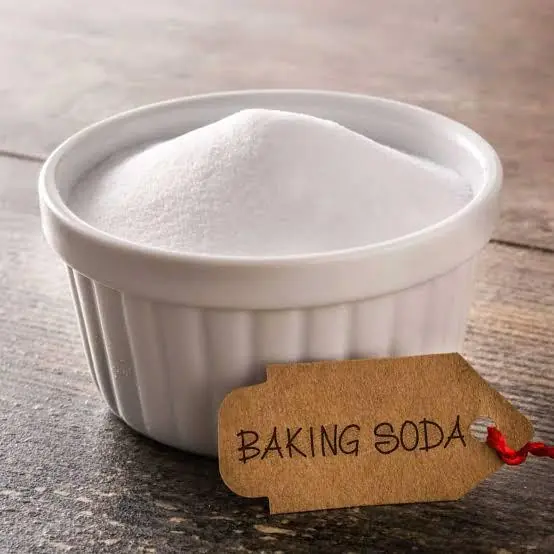
1 Teaspoon of Baking Soda Can Do This to Your Body!

Still Waking Up Tired? This Simple 3g Bedtime Mix Beats Melatonin for Deep Sleep

Papaya releases a milky sap, but most people don’t realize how important it is

Purslane: The Superfood That Tastes Better Than Meat – 7 Reasons to Grow It in Your Garden

9 DIY Cucumber Trellis Ideas for Easy Harvesting and Maximized Garden Potential

Honey, Lemon, Onion, Garlic & Ginger: The Daily Spoonful That Works Wonders

Garlic, Honey, and Cloves – a powerful natural remedy packed with health benefits

Discovering the Health Benefits of Lamb’s Quarters

12 Homemade fertilizers for plants easy to find at home

Is It Necessary to Unplug the Rice Cooker After the Rice Is Cooked?

Find All 7 Animals Hidden

6 Surprising Predictors of Divorce You Probably Overlooked

Cyperus Rotundus: The Ancient Herb with Modern Healing Power

Euphorbia Hirta: 9 key health benefits of this versatile plant

Here’s How to Starve Cancer to Death By Removing One Thing From Your Diet

This Super Tea Kills Parasites And Cleanses The Body of Toxins
